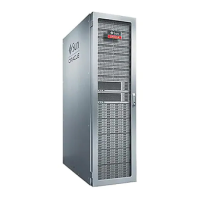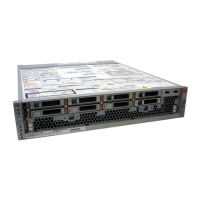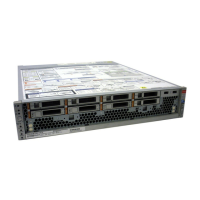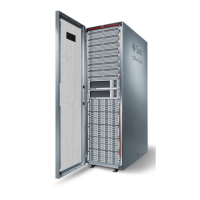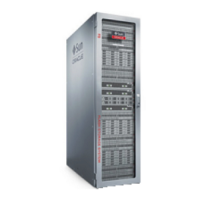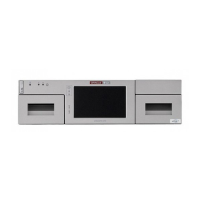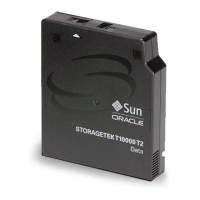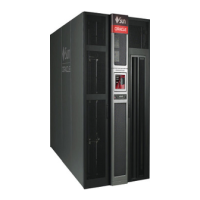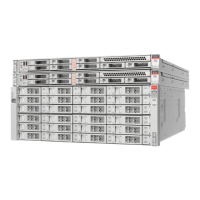Adding HTTP Access to a Share (BUI)
Property Description
HTTP Port (for incoming connections) HTTP port. The default is 80.
HTTPS Port (for incoming secure connections) HTTP port. The default is 443.
TABLE 61
HTTP Logs
Log Description
network-http:apache22 HTTP service log
Related Topics
■
“Adding HTTP Access to a Share (BUI)” on page 265
■
“HTTP Authentication and Access Control” on page 266
HTTP Authentication and Access Control
If the "Require client login" option is enabled, the appliance will deny access to clients that do
not supply valid authentication credentials for a local user, a NIS user, or an LDAP user. Active
Directory authentication is not supported.
Only basic HTTP authentication is supported. Note that unless HTTPS is being used, this
transmits the username and password unencrypted, which may not be appropriate for all
environments.
Normally, authenticated users have the same permissions with HTTP that they would have
with NFS or FTP. Files and directories created by an authenticated user will be owned by that
user, as viewed by other protocols. Privileged users (those having a UID less than 100) will be
treated as "nobody" for the purposes of access control. Files created by privileged users will be
owned by "nobody".
If the "Require client login" option is disabled, the appliance will not try to authenticate clients
(even if they do supply credentials). Newly created files are owned by "nobody", and all users
are treated as "nobody" for the purposes of access control.
Regardless of authentication, no permissions are masked from created files and directories.
Created files have Unix permissions 666 (readable and writable by everyone), and created
directories have Unix permissions 777 (readable, writable, and executable by everyone).
Related Topics
■
“Adding HTTP Access to a Share (BUI)” on page 265
266 Oracle ZFS Storage Appliance Administration Guide, Release OS8.6.x • September 2016
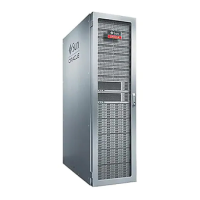
